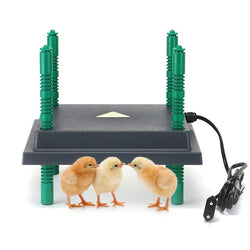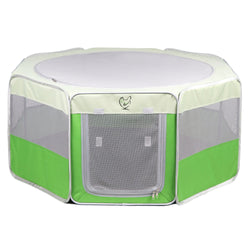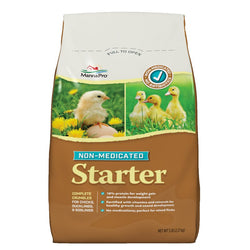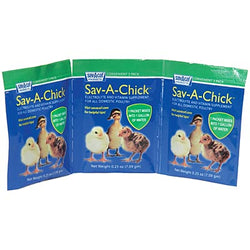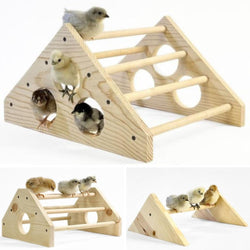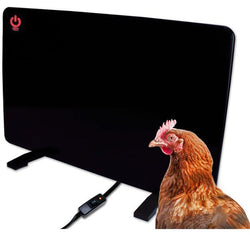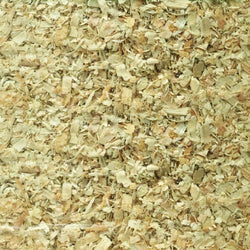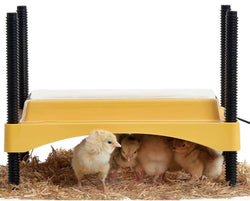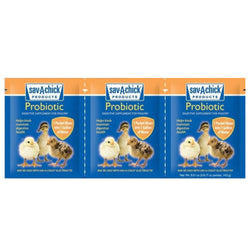Best Chickens for Laying Eggs: Hybrid Breeds Vs. Heritage Breeds
Back to blog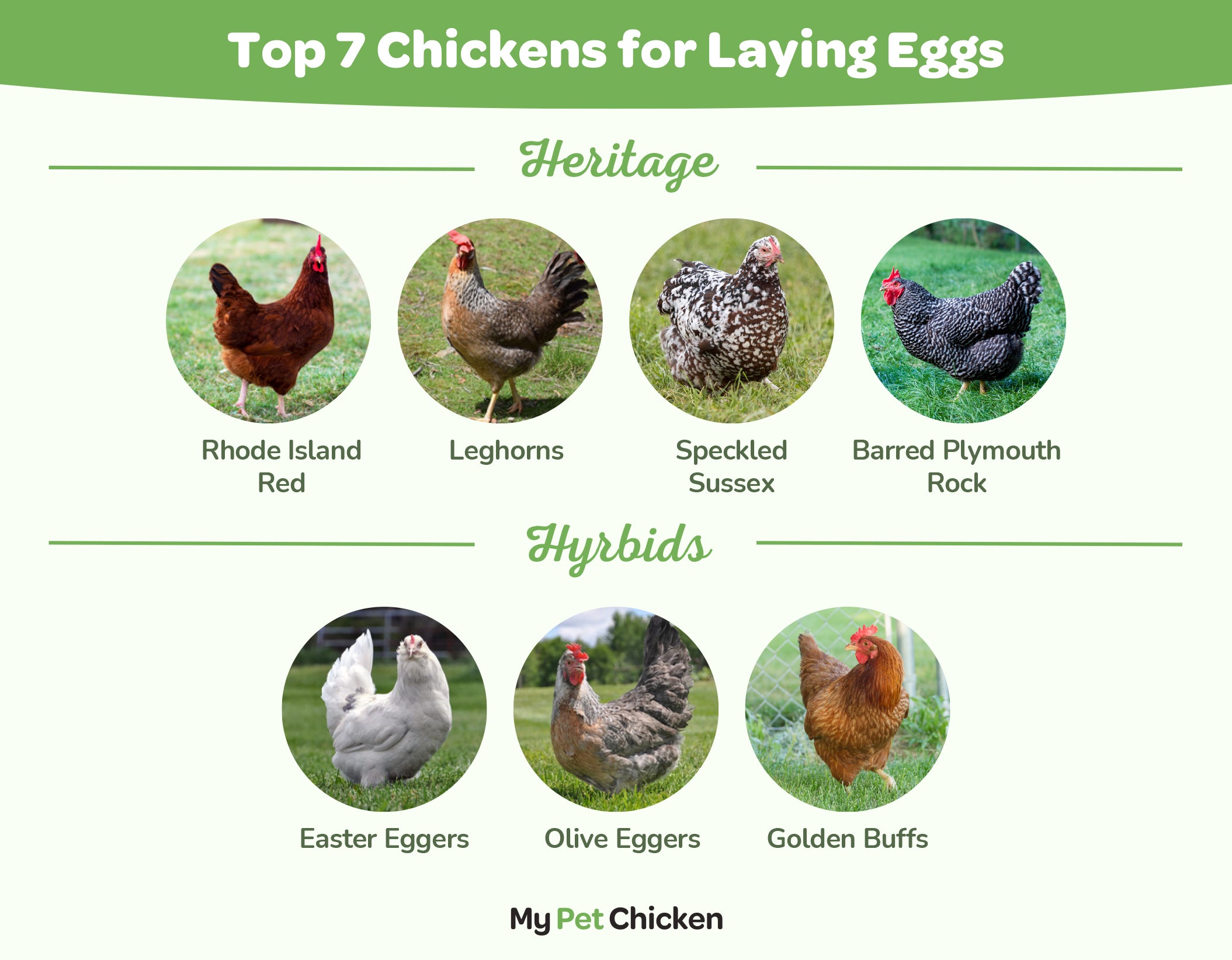
Best Chickens for Laying Eggs: Hybrid vs. Heritage
Raising chickens for fresh eggs is a delightful pursuit, and selecting the best chicken breeds for eggs is a crucial first step. With years of experience behind out belt, here at My Pet Chicken, we're more than happy to share insights on the best egg-laying chicken breeds. Let's explore the differences between heritage and hybrid breeds for egg production, helping you make an informed choice for your backyard flock. Whether you value tradition and genetic diversity or prioritize high egg yields, there's a breed suitable for your unique needs.
How to Select the Best Chicken Breeds for Eggs
When it comes to choosing the best chicken breeds for eggs in your family, it's a bit like selecting the perfect tool for a job. Your choice should be influenced by your individual needs, preferences, and the environment in which your feathered friends will reside. Our handy Breed Selector Quiz can help!
One of the key decisions you'll face is whether to go for hybrid or heritage breeds. Let's take a closer look at the differences and characteristics of these two categories:
Comparing Hybrid and Heritage Breeds For Egg Production
Hybrid breeds are bred for maximum egg production, making them the best choice for those looking to maximize their egg yield. They are known to lay consistently and can yield more than 300 eggs annually, making them ideal for families with high egg consumption or small egg businesses.
Heritage breeds, on the other hand, are cherished for their historical significance, hardiness, and adaptability. While they may not match the prolific production of hybrids, they consistently deliver a respectable number of eggs. Heritage breeds are a perfect choice for those who want to preserve traditional breeds, value a family-friendly experience, and have interests beyond just egg production. They are often known for their friendly and docile dispositions, which can make them great companions for families and children.
Hybrid Chicken Breeds: Engineered for Eggcellence
Hybrid chicken breeds have been specifically designed through selective breeding to maximize egg production and other desirable qualities. They are known for their exceptional egg-laying abilities and efficient production, therfore making them some of the best chickens for laying eggs. Here are some popular hybrid breeds and what sets them apart:
- Easter Eggers: Eggs With a Colorful Twist - These remarkable birds come in various eye-catching colors and sport charming appearances. They are appreciated for their friendly nature and consistently lay a colorful array of approximately 250-300 large brown, blue, or green eggs each year, adding an exciting visual dimension to your egg carton.
- Olive Eggers: Earthy Green Eggs- Olive Eggers are a mesmerizing breed with a striking combination of feathers that make them a visual marvel in any coop. They possess the unique ability to lay approximately 175-200 brown or olive-colored eggs per year. While their egg production rate might be slightly lower, their gentle and amiable temperament renders them an excellent choice for family-oriented settings.
- Golden Buffs (Red Star): A Star In And Out of The Coop - With golden, copper-colored feathers that shimmer in the sunlight, Buffs are another example of hybrid wonders. They lay approximately 250-300 brown eggs each year. Their friendly and docile nature, along with their consistent egg production, makes them a fantastic choice, especially for beginners.
Heritage Chicken Breeds: Tradition and Time-Tested Excellence
Heritage chicken breeds are the historic and often more traditional choices, cherished for their historical significance, hardiness, and adaptability. They may not reach the egg production levels of hybrids, but they offer their own unique set of characteristics and advantages. Here are the best heritage breeds for eggs and what distinguishes them:
- Rhode Island Reds: A Classic American Breed - These striking birds with deep mahogany feathers and vibrant red combs are heritage breeds. They are known for laying large, brown eggs, typically numbering around 200-300 per year. Rhode Island Reds are reliable layers throughout the year, making them a preferred choice for those who value a consistent egg supply.
- Leghorns: Plentiful White Eggs - Small, sprightly birds with sleek white feathers and bright red combs, Leghorns are also heritage breeds. They are prolific layers, producing an astounding rate of 280-320 large, white eggs per year. Their high egg output has made them a favorite among those who seek a bountiful supply.
- Speckled Sussex: A Cheerful Colorful Bird - These birds come in various attractive colors and have elegant appearances. Sussex chickens are known for their friendly and sweet temperaments. They lay approximately 250-275 large brown eggs annually, making them ideal for families who desire both eggs and feathered companions with charming dispositions.
- Barred Plymouth Rocks: Hardy Layers - These classic chickens, with their distinctive black-and-white striped pattern, are heritage birds. They lay around 200-280 brown eggs each year and are known for their cold-hardy nature. Their adaptability ensures consistent egg production, even in the chill of winter.
Making the Right Choice for Your Family
The choice between hybrid and heritage breeds ultimately depends on your goals and priorities. When making your decision, it's crucial to consider your family's egg consumption, your preferences, and the role you envision chickens playing in your daily life. Here's a brief guide to help you make the right choice:
- If your family consumes eggs frequently, or if you're considering a small egg business, hybrid chickens are the best choice for laying eggs. They will provide a substantial quantity of eggs in a shorter time frame, making them efficient egg-laying machines.
- If you value preserving traditional breeds, seek friendly hens that lay respectable amounts of eggs, and desire an all-around backyard experience, heritage chickens are your go-to. They bring a sense of history and charm to your flock.
The number of chickens you need depends on your family's egg consumption. On average, a single chicken typically lays around 4-5 eggs per week. If your family consumes a dozen eggs weekly, having three hens (which can yield approximately 12-15 eggs per week) should suffice. For larger families or those who use eggs more frequently, such as for baking, you might need 5-7 hens to ensure a steady supply of eggs.
So, take into account your unique needs, your flock's intended purpose, and your personal preferences when making your decision. Whichever path you choose, raising chickens can be an egg-citing and rewarding adventure, filled with fresh, nutritious eggs and the joys of tending to these feathered friends. Here's to happy chicken-keeping!
